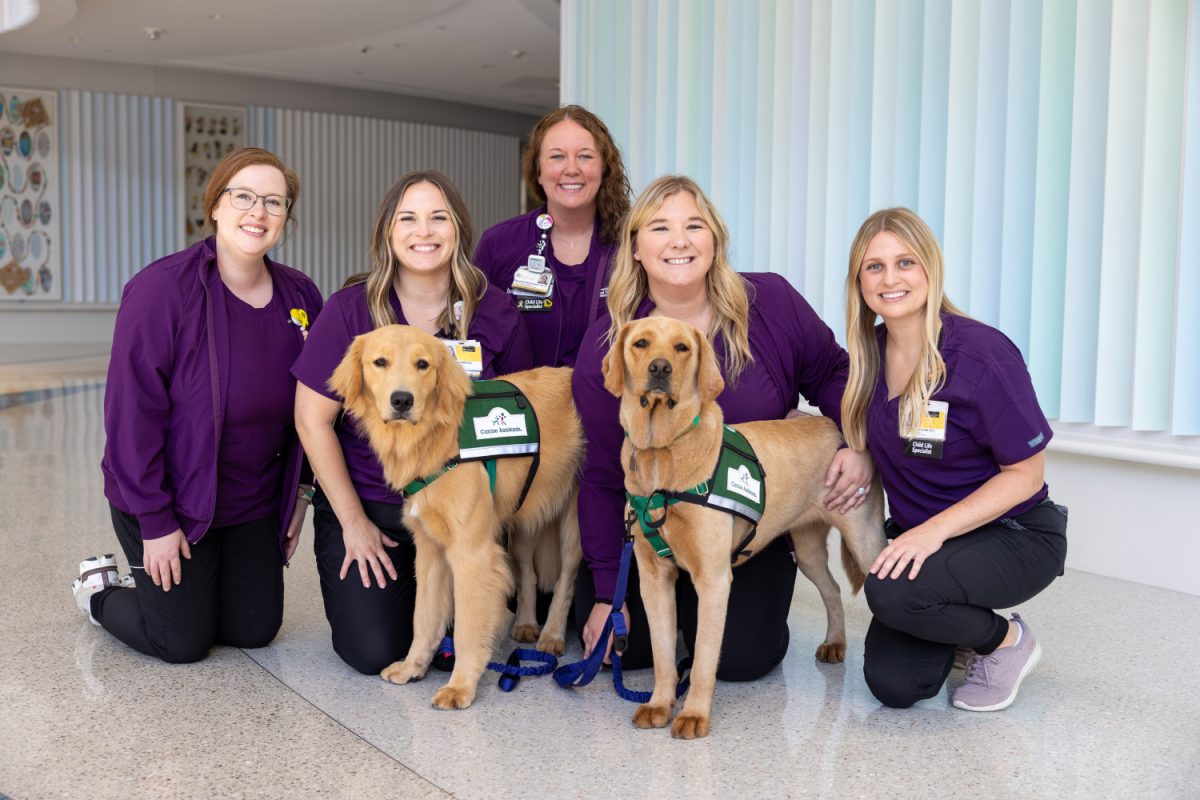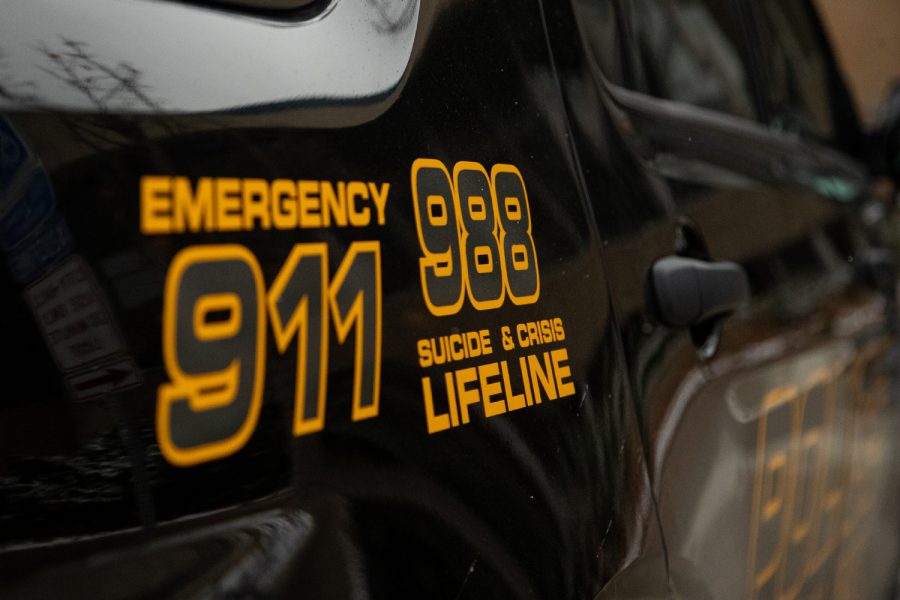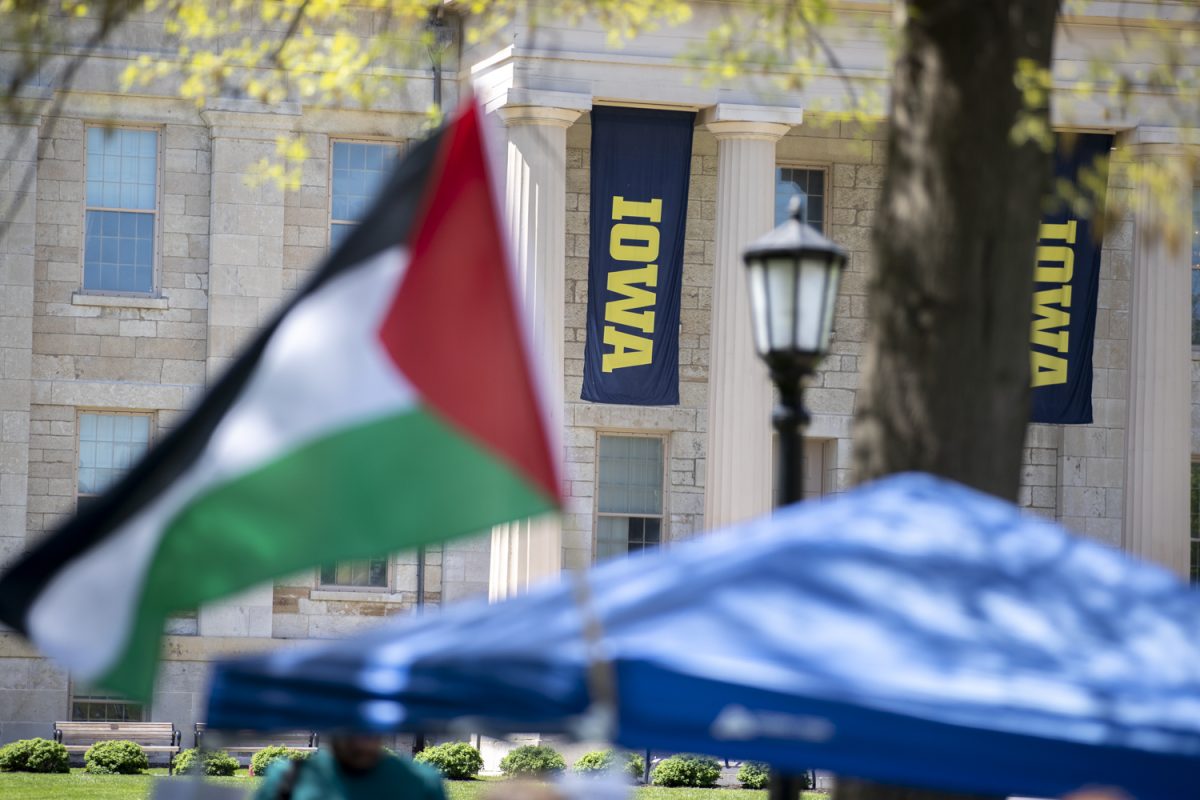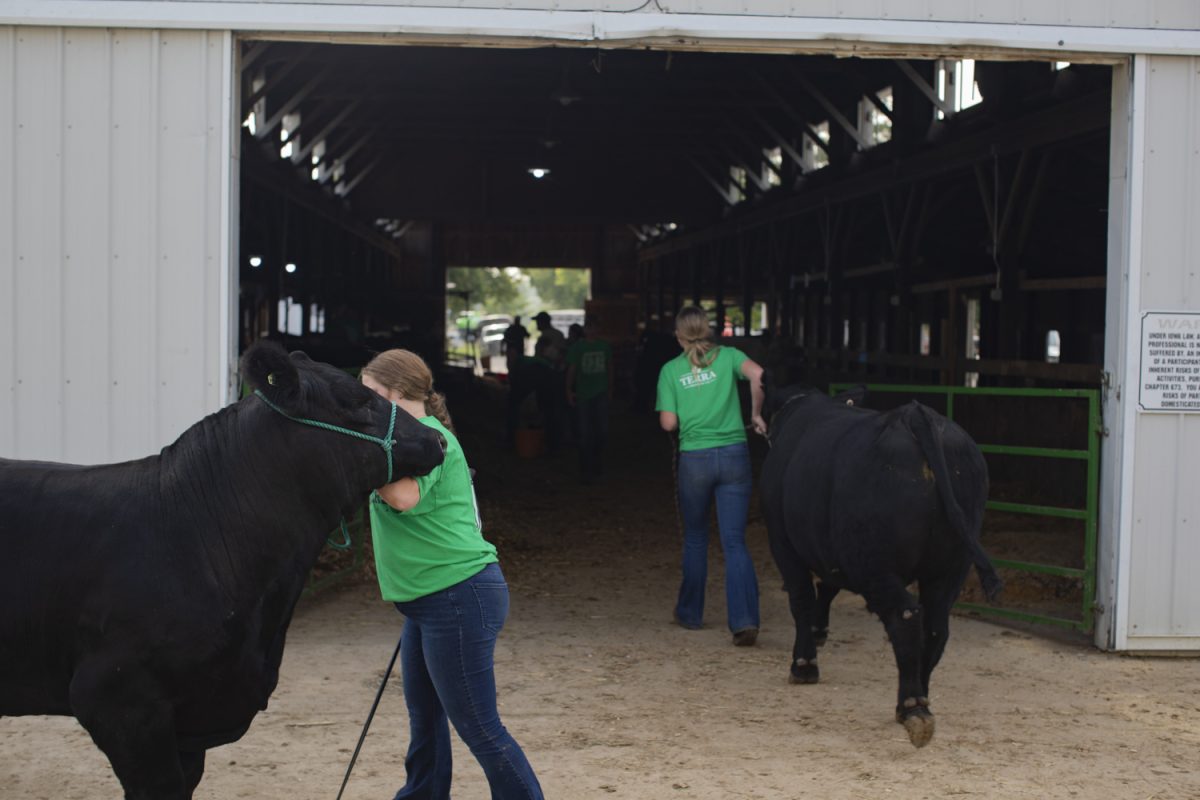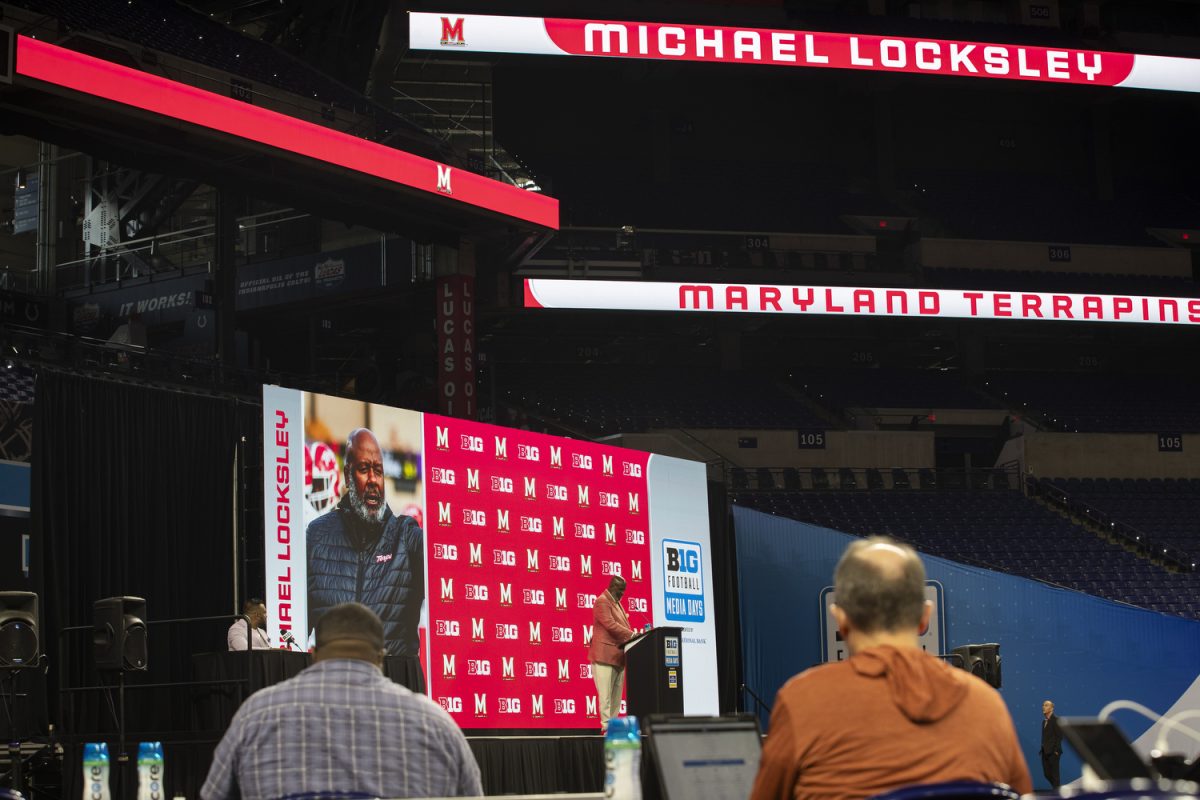The University of Iowa Stead Family Children’s Hospital’s brought two new dogs, Corrin and Nacho, into the hospital for animal-assisted therapy for patients through a new program this fall.
Funded through donors of the UI Center for Advancement, the Wags and Waves Facility Dog Program will support patients in the same ways many people feel companionship and support from their own pets. Corrin is a golden retriever, chocolate lab, and poodle mix and Nacho is a golden retriever poodle mix.
The facility dogs provide animal-assisted therapy, and UIHC’s website lists some of the ways it sees the dogs supporting patients in a pediatric setting. This includes encouraging recovery through walking with patients, providing emotional support, and assisting in the process of coping with being in a hospital.
Child life specialists Emily Bradley and Aly Humphrey handle the dogs. Humphrey said their presence has already made an impact on patients’ lives. Child life specialists help young patients prepare and understand why they are in a hospital, and help them navigate that process.
Humphrey said there was a patient who was introverted during his stay at the hospital, but after seeing the dogs, he became much more active and was leaving the hospital room.
“We worked with a patient who hadn’t been up out of his room at all and once he saw the dogs his demeanor changed and he was more motivated to get up,” Humphrey said. “The doctor actually stopped me this morning and said ‘Thank you so much for going to see them with Corrin like that, it made such a difference.’”
Bradley said Nacho provides a calming energy to whatever room he is in.
“Nacho is so calm and his presence just brings our anxiety down, so we’ve been loving the response from everyone so far,” Bradley said.
When the dogs are not working in the hospital, they go home with their primary handlers. The dogs also receive secondary handlers who will take care of the dogs if one of the primary handlers is unable.
Both Nacho and Corrin come from a nonprofit based in Milton, Georgia, called Canine Assistants. The facility teaches dogs the necessary behaviors for general mobility services, seizure response, diabetic alerts, and companionship.
Executive Director for Canine Assistants Jennifer Arnold said her life mission is to help people understand how to best work with dogs.
“I owe dogs a lot, and I’m going to spend the rest of my life trying to convince the world that there is a better way to interact with them,” Arnold said.
RELATED: Regents approve UI’s $20 million bid to acquire Mercy Iowa City
Canine Assistants use a bond-based approach to dog training. Arnold said that instead of using direct commands, they seek to understand and adapt to how the dog is feeling to create that bond.
“Our dogs will learn concepts, they will learn things like answering yes or no to binary questions. They learn the concept of being gentle,” Arnold said. “Dogs are hopeful creatures.”
Canine Assistants only ask that the hospitals they send their dogs to pay the service forward and do not mandate payment.





